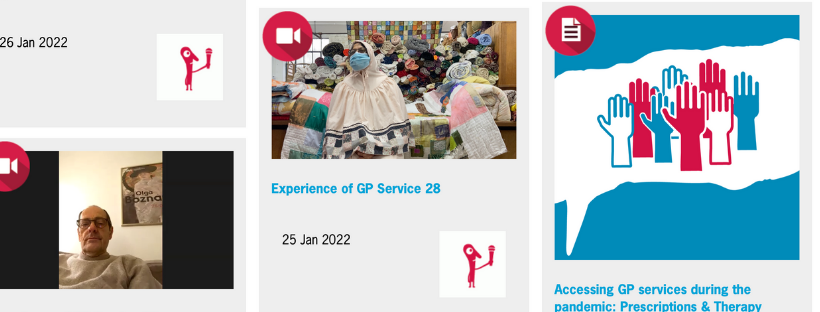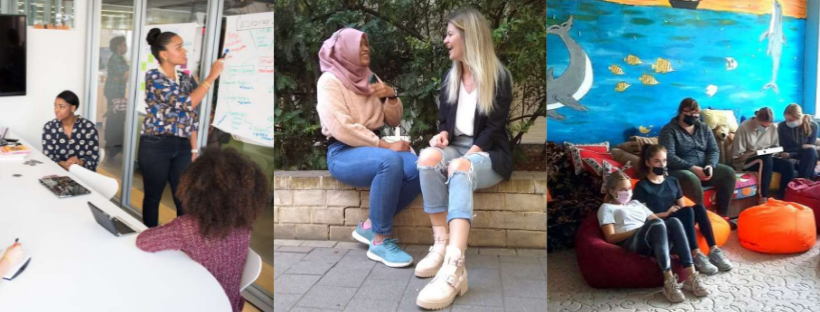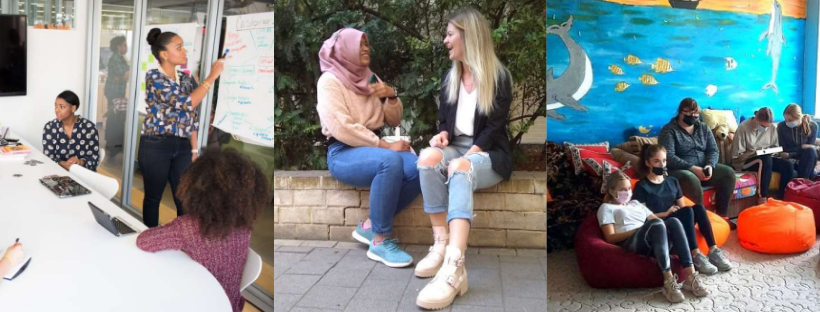Over the last few months, PVM has been working with a consortium of European partners on the CONTINUE Project. Co-funded by the Erasmus+ Programme of the European Union, the project has set out to gather the stories of young people across Europe, specifically relating to their experiences of the COVID-19 pandemic.
PVM trained the project partners in Community Reporter methodologies so that they (along with PVM) could host story gathering workshops followed by story curation sessions with marginalised young people in order to garner insights from their lived experience stories. These insights have now been collated and put together in a series of reports, one for each partner.
The findings of these reports are currently being discussed in a series of Conversation of Change events in each of the partner countries, and the findings from these will be taken forward into the next stages of the project, as well as an online pan-European Conversation of Change event, which you can register for here.
In the meantime, you can download each of the English language reports as a PDF using the following links:
About the CONTINUE Project
Connecting European Youth through Storytelling
CONTINUE will support young people suffering from social exclusion to tackle the specific challenges of post-COVID times in terms of staying connected and integrated into European communities.
CONTINUE will directly involve young people with migrant and other marginal backgrounds in the project activities in order to enhance the interaction between individuals, their communities and the pan-European levels. .
CONTINUE will be realised by a Consortium of 8 NGOs working with marginal youth groups, experienced in youth education, community-based activities, policy recommendations, working with an extended network of organisations from different sectors.





